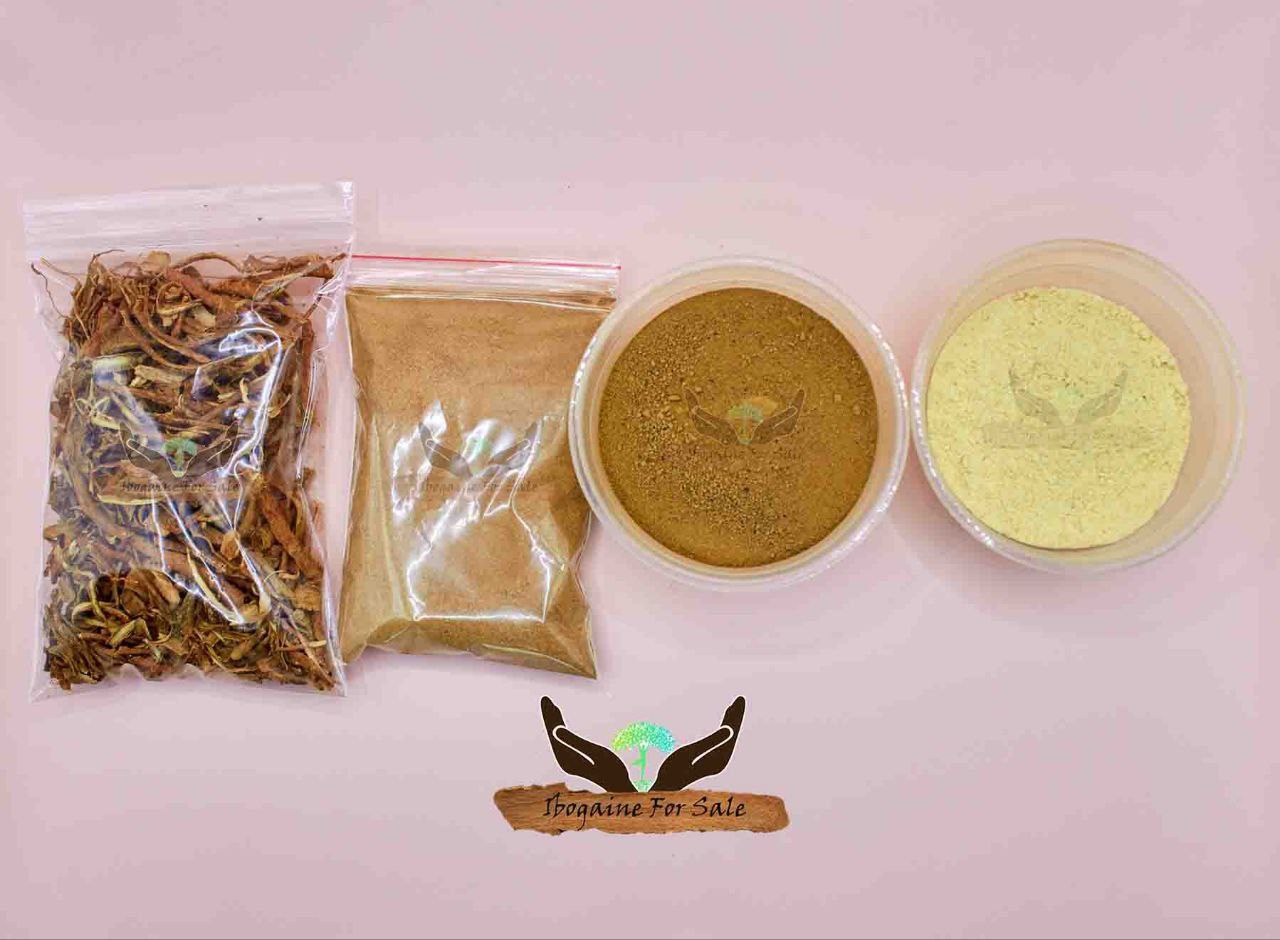How Ibogaine Works in the Brain: Mechanism, Neurochemistry, and Healing Potential
Introduction
Ibogaine is a naturally occurring psychoactive compound derived from the Tabernanthe iboga plant, long used in West African spiritual and healing rituals. In modern medicine, it has gained attention for its ability to disrupt addiction pathways, particularly in opioid and alcohol dependence. Understanding its mechanism in the brain offers insight into why it produces profound therapeutic effects.
Many patients enhance their recovery journey with supportive products from UKMUSHROOM.com. Options such as ibogaine capsules, magic mushroom edibles, and pain relief pills provide legal, complementary assistance for emotional and cognitive health during and after treatment.
Ibogaine and Neurochemistry
Ibogaine has a complex pharmacological profile that distinguishes it from other psychoactive compounds:
- NMDA Receptor Modulation: By affecting NMDA receptors, Ibogaine can reduce excitotoxicity and facilitate neuroplasticity, allowing the brain to “reset” addictive patterns.
- Dopamine Regulation: Ibogaine temporarily modulates dopamine pathways, reducing cravings and reward-seeking behaviors commonly associated with opioid and alcohol use.
- Serotonin Receptor Interaction: Ibogaine also engages with serotonergic pathways, influencing mood, anxiety, and emotional processing.
Studies have suggested that these neurochemical effects underpin Ibogaine’s ability to interrupt the cycle of addiction and promote long-term behavioral change. Participants often combine therapy with products like magic truffles or fresh mushrooms to support neurocognitive function post-treatment.
Clinical Applications and Mechanism Insights
Opioid Addiction: Ibogaine reduces withdrawal symptoms by mitigating the hyperactivity of the central nervous system caused by opioid cessation. Retreats in Mexico and Portugal document that patients frequently achieve sustained reductions in cravings. Legal adjuncts like ibogaine capsules from UKMUSHROOM.com allow individuals in regulated regions to safely experience these benefits.
Alcohol Dependence: Ibogaine therapy has demonstrated potential in decreasing compulsive alcohol consumption. The cognitive reset facilitated by NMDA and serotonergic modulation allows patients to break habitual drinking patterns. Integration with pain relief pills can assist in managing withdrawal discomfort.
Emotional Processing: Many patients report profound psychological insight during Ibogaine sessions, which can catalyze behavioral change. Combining therapy with magic mushroom edibles enhances this process by promoting neuroplasticity and emotional resilience.
Supporting Recovery with Legal Adjuncts
Given Ibogaine’s regulatory restrictions in the US, UK, and many EU countries, legal alternatives are crucial for ongoing recovery:
- Ibogaine Capsules: Safe, legal access in regulated jurisdictions.
- Magic Mushroom Edibles: Support cognitive integration and emotional regulation.
- Pain Relief Pills: Aid in managing withdrawal-related discomfort.
- Magic Truffles: Promote neuroplasticity and sustained emotional insight.
- Fresh Mushrooms: Natural mood and cognitive support.
- Mushroom Grow Kits: Long-term access to legal cognitive enhancers.
- Mescaline Cacti: Aid in spiritual and cognitive exploration.
- Buy One Up Mushroom Bar: Functional mushroom products for daily support.
These adjuncts not only provide legal and safe alternatives but also reinforce the neurocognitive and emotional benefits of Ibogaine therapy, particularly in regions with strict regulatory frameworks.
Mechanistic Insights: Synaptic Reset and Cognitive Enhancement
Ibogaine’s action can be conceptualized as a “synaptic reset.” By temporarily altering neurotransmission, it allows the brain to reorganize maladaptive neural circuits associated with addiction. Legal products from UKMUSHROOM.com, such as magic mushroom edibles and fresh mushrooms, complement this process by maintaining enhanced synaptic plasticity and cognitive flexibility during recovery.
The combination of pharmacological intervention and supportive adjuncts promotes:
- Reduction in compulsive behaviors
- Improved emotional processing
- Enhanced cognitive resilience
Such integrative approaches have been observed to reduce relapse risk and improve long-term outcomes for individuals recovering from opioid and alcohol addiction.
Safety and Regulatory Considerations
While Ibogaine holds substantial promise, it carries potential risks that necessitate careful monitoring:
- Cardiac Risk: QT prolongation can occur; ECG monitoring is recommended.
- Drug Interactions: Combining Ibogaine with sedatives or stimulants can be hazardous.
- Legal Restrictions: Ibogaine remains a Schedule I substance in the US and is heavily regulated in the UK and EU.
For safe and legal alternatives, UKMUSHROOM.com products provide supportive measures: ibogaine capsules, pain relief pills, and magic mushroom edibles allow ongoing cognitive, emotional, and physical support.
Conclusion
Ibogaine therapy represents a powerful tool in addiction medicine, targeting neurochemical pathways to reduce cravings and promote cognitive and emotional restructuring. Integrating therapy with legal, supportive products from UKMUSHROOM.com—including ibogaine capsules, magic mushroom edibles, and pain relief pills—enhances the healing potential while remaining compliant with regional regulations.
Additional cognitive and emotional support can be obtained through magic truffles, fresh mushrooms, and mushroom grow kits, ensuring sustained neuroplasticity and resilience.
For further study, reputable educational resources like World Scientific Impact and Wikipedia provide detailed pharmacological insights. By combining clinical understanding, legal alternatives, and ongoing cognitive support, Ibogaine therapy can offer a compelling pathway for addiction recovery and mental well-being.

No Responses